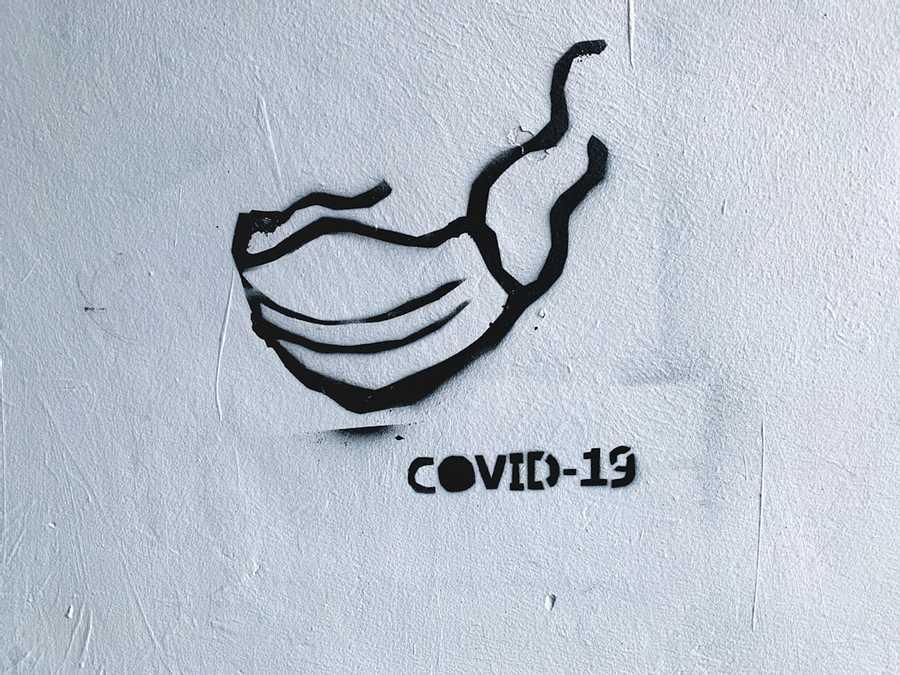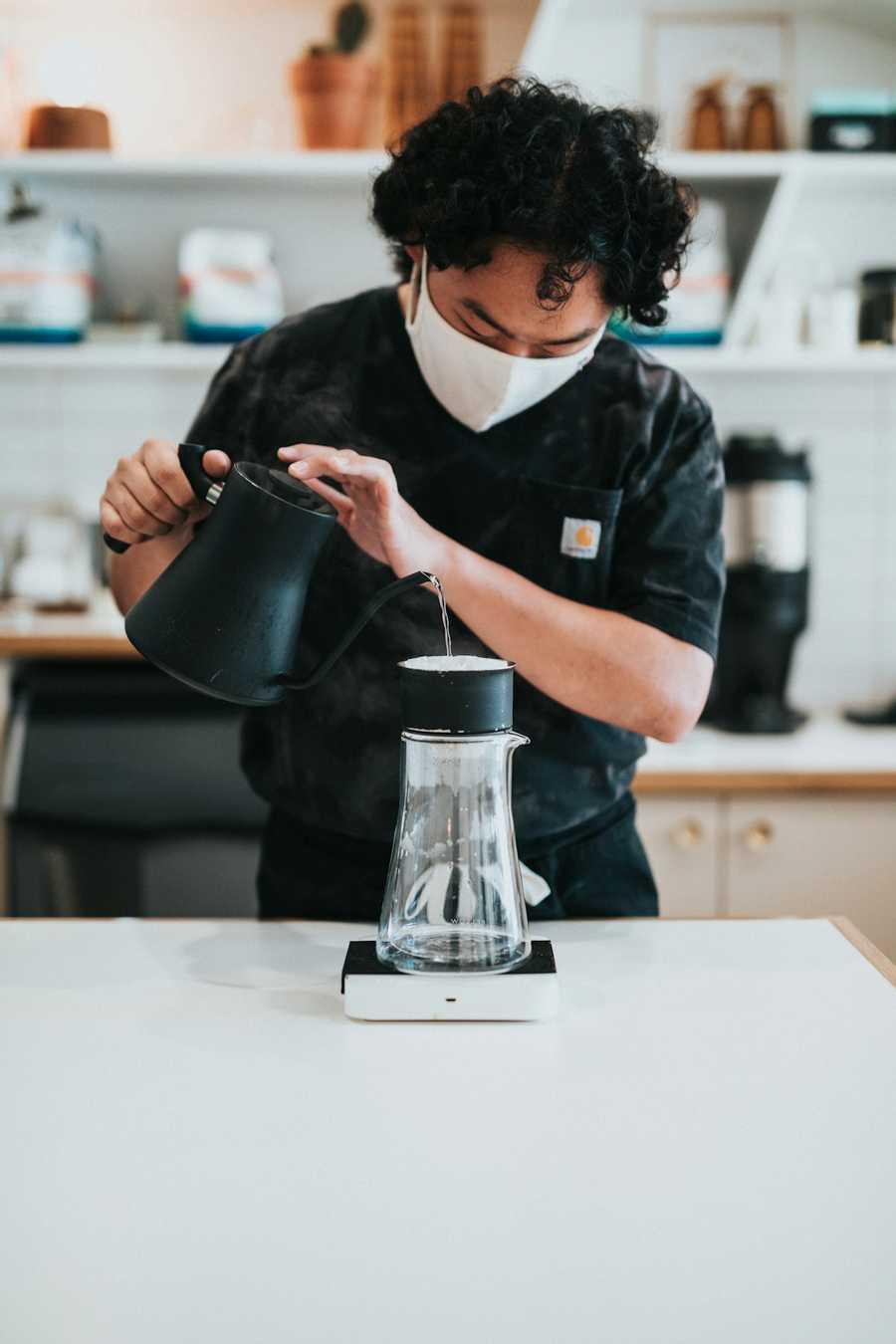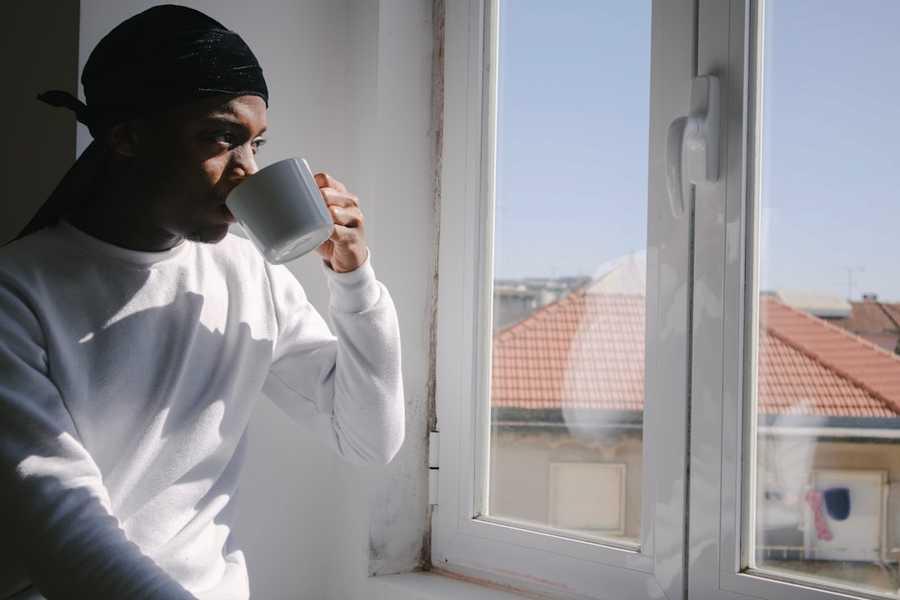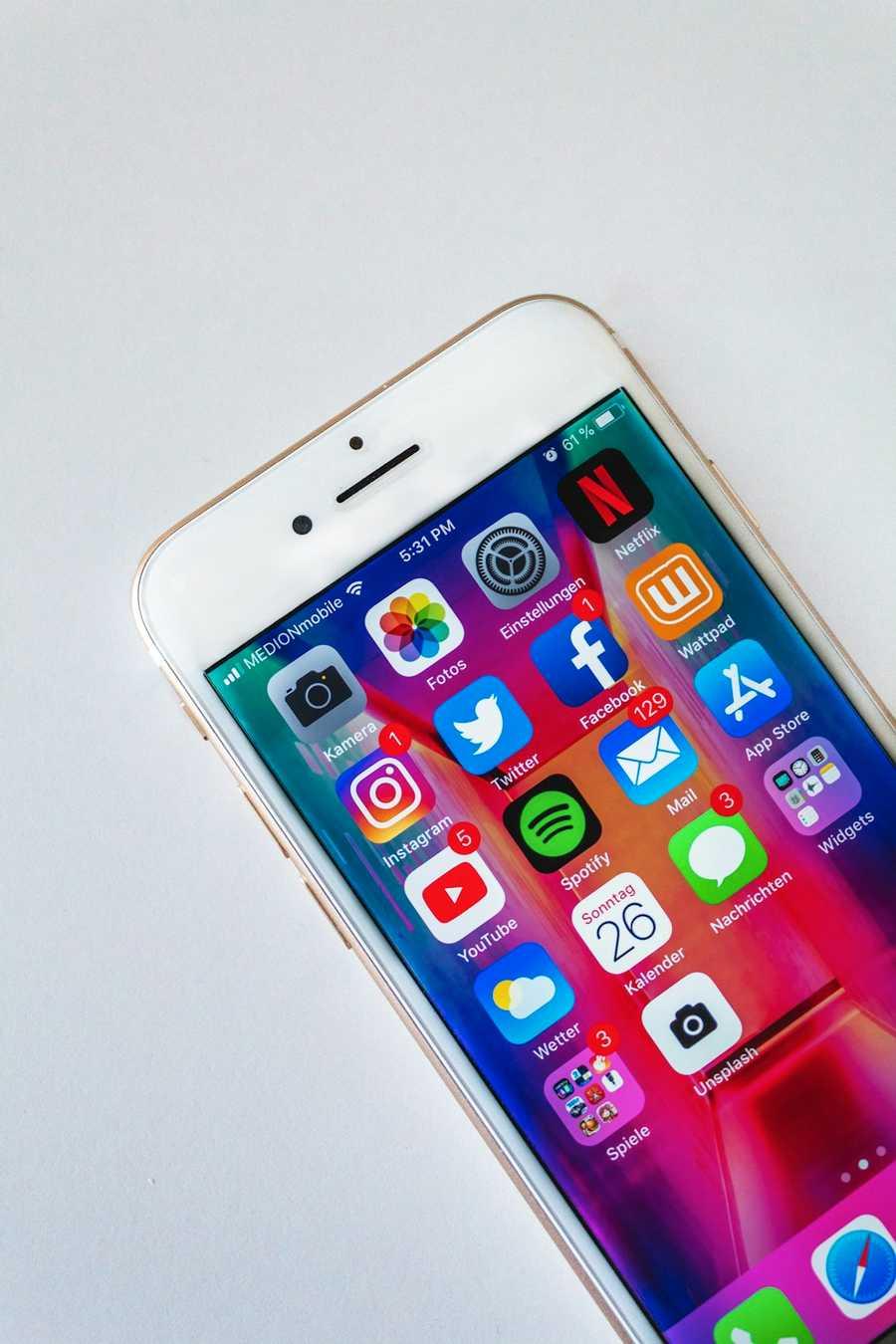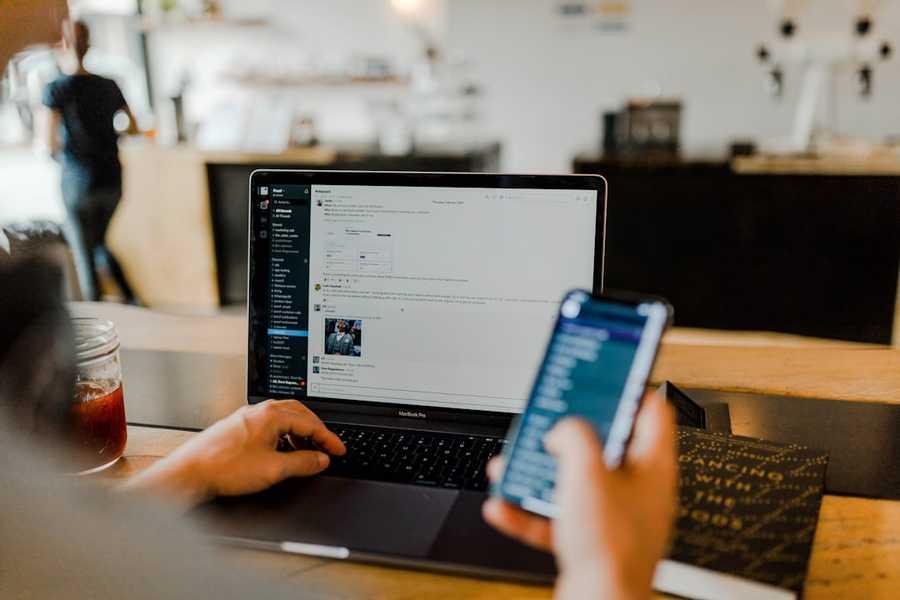Blah Blah Blah: The Lack of Small Talk Is Breaking Our Brains | The Walrus
Curated from: thewalrus.ca
8
Explore the World's Best Ideas
Join today and uncover 100+ curated journeys from 50+ topics. Unlock access to our mobile app with extensive features.
COVID-19 and Small Talk
In our pandemic world, casual conversation has been all but eliminated. The closest thing we get these days is saying “thank you” to a delivery person or greeting a grocery store clerk. Even then, we're hesitant to linger — every unnecessary moment with a stranger feels taboo, every breath a hazard. And, now, in the absence of chit-chat, we feel isolated and unenergized. This has led to a potentially controversial revelation: small talk gets an unfairly bad rap.
65
788 reads
58
595 reads
Small Talk At Work
In one study, Methot and her team found that, on days employees had more small talk with coworkers or supervisors, their mood improved, they had more energy, and there was a decrease in burnout.
56
548 reads
What is small talk?
Methot says small talk is “lighthearted, superficial, polite, scripted conversation.” It’s “scripted” in the sense that it’s predictable: everyone knows the appropriate default phrases, so participants are rarely caught off guard. Someone might ask, “How are you?” so you respond, “I’m well,” or something of that ilk, before bouncing the question back to the asker. It’s rote, it’s a bit boring, but the data shows it’s terribly important.
60
447 reads
Absence of small talk
More than a year into the COVID-19 pandemic, so many of us feel detached and disoriented. Due to remote working we’ve been robbed of opportunities to gather publicly, most conversation has been replaced by emails, texts, and an endless queue of scheduled calls. The pandemic has revealed how fleeting those transient interactions really are. The absence of small talk may be harming us much more than we know.
54
326 reads
Body language
Gillian Sandstrom, a psychologist at the University of Essex, conducted one study that found that, when people engaged more with a barista - smiling, making eye contact, conversing - they felt a greater sense of community belonging, but masks prevent this. Sandstrom observed that, in a normal prepandemic day, people interacted with an average of eleven acquaintances where as university students interacted with sixteen. Now, talking with more than two or three people a day seems inconceivable.
55
310 reads
Monotonous but unique
The monotony of automated dialogue is a common reason people claim to dislike small talk. But Methot says this superficiality is what makes it unique. “It doesn’t require a lot of thought, it doesn’t require a lot of energy, and it doesn’t require a lot of self-disclosure,” she says. The fact that you can start chit-chatting on autopilot makes it easier to acknowledge those you don’t know very well, if at all, and be acknowledged in return.
55
266 reads
“That brief acknowledgement is really meaningful, not because it’s deep . . . but it makes you feel seen.”
JESSICA METHOT
60
302 reads
Small talk as an equalizer
Andrew Guydish, a PhD student of psychology at the University of California, found that, without space for off-task communication, people in “directing” roles at work spoke much more than those in “following” roles. But, once they introduced opportunities for off-task chatter, followers started to make up for that dialogue imbalance. Today, in virtual workspaces devoid of small talk, Guydish says, “we’re literally just letting conversation imbalances go.”
55
216 reads
Change of quality
Every dialogue feels transactional because, now, our conversations are based on our work roles, says Methot. And, without chit-chat, there’s no relief. Small talk, it seems, is reenergizing: a palate-cleansing moment of respite when you can prime yourself for whatever’s next.
55
221 reads
Off-task communication
Small talk should be spontaneous and nonpurposeful, Guydish says, and it’s that spontaneity that is so difficult to replicate virtually. When we schedule time for chit-chat, he says, we turn it into yet another item on the to-do list, thereby defeating the purpose. Factor in bad connectivity or lag times and chatter hardly flows easy.
57
195 reads
Serendipitous conversation
If you can’t duplicate spontaneous encounters, like standing around a water cooler or bumping into an acquaintance on the street, Methot says the next best thing is creating an intentional one. This can be through setting up virtual lounges that allow users to pop in and say hi or even reaching out to a loose acquaintance or colleague: it may feel a bit awkward, but shooting someone an email or text to check in is meaningful. Plus, it will feel spontaneous—to them, at least.
56
156 reads
Isolation
In addition to the number of connections lost, Sandstrom says it’s also important to consider the diversity of those missing connections. In a pandemic, of course you’ll make more of an effort to stay connected with your closest friends and family—but, as Sandstrom points out, those are also the people you’re likely most familiar with.
54
159 reads
Homogenised opinions
Small talk with acquaintances and strangers is an “important source of novelty” that adds unpredictability and variety to the everyday and gives all parties an opportunity to find commonality on neutral ground. Without small talk, we are boring ourselves at best. At worst, we’re homogenizing our exposure to different thoughts and world views.
55
141 reads
Parasocial communication
Some people are turning to social media to get their fix of interactions with strangers. A November paper published in the journal Human Arenas commented on the boost in parasocial relationships - one-sided connections or personal obsessions, like between a fan and a celebrity. The authors say that “parasocial interactions through digital media allowed us to have a sense of togetherness during the quarantine.”
55
170 reads
Calibration
Small talk with strangers online can also offer a low-stakes opportunity to be vulnerable. One study, published in the Journal of Personality and Social Psychology, suggests that people prefer to disclose embarrassing and personal details to a stranger than to a close friend. Chatting with strangers, even briefly, can be a liberating act of calibration.
57
140 reads
Lack of small talk increases loneliness
“There is a lot out there that suggests that people aren’t only lonelier but they also feel less respected by their colleagues and they feel kind of forgotten,” says Beth Schinoff, an organizational-behaviour researcher at Boston College. Methot adds that “these feelings of social exclusion can actually make us age faster” and that “not being acknowledged at work creates a sense of workplace loneliness that can actually be detrimental to our health.”
57
119 reads
Small talk is prosocial
To Sandstrom, initiating small talk is a prosocial act - something done for the good of all involved. People enjoy it more than they predict: they feel more anchored, trusting, and even more optimistic about the general population after having interactions with strangers. Whether this applies vice versa - if having fewer interactions with strangers results in a less trusting and more pessimistic population - remains to be studied.
55
119 reads
Regaining lost connections
Is small talk a skill that can be lost, a muscle that atrophies into nothingness when left idle for too long? Sandstrom is unconvinced. Chit-chat will never disappear, she says, because we’ll never be able to help running into people, not completely. Sooner or later, we’ll emerge from our homes and rediscover the joys of awkward greetings and drawn-out silences. We’ll learn to connect again, clumsy as we may be.
56
142 reads
IDEAS CURATED BY
Ethan 's ideas are part of this journey:
Learn more about career with this collection
How to build a network while working remotely
How to work remotely
How to manage finances while working remotely
Related collections
Similar ideas
13 ideas
1 idea
5 ideas
Read & Learn
20x Faster
without
deepstash
with
deepstash
with
deepstash
Personalized microlearning
—
100+ Learning Journeys
—
Access to 200,000+ ideas
—
Access to the mobile app
—
Unlimited idea saving
—
—
Unlimited history
—
—
Unlimited listening to ideas
—
—
Downloading & offline access
—
—
Supercharge your mind with one idea per day
Enter your email and spend 1 minute every day to learn something new.
I agree to receive email updates

